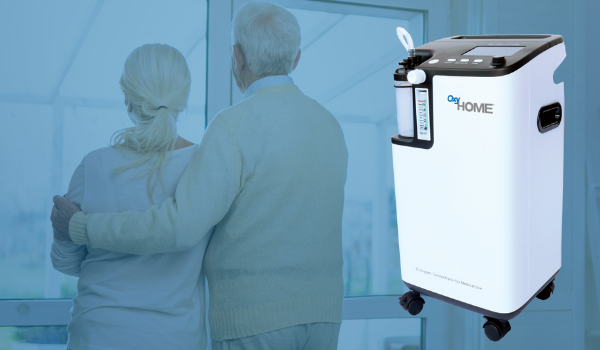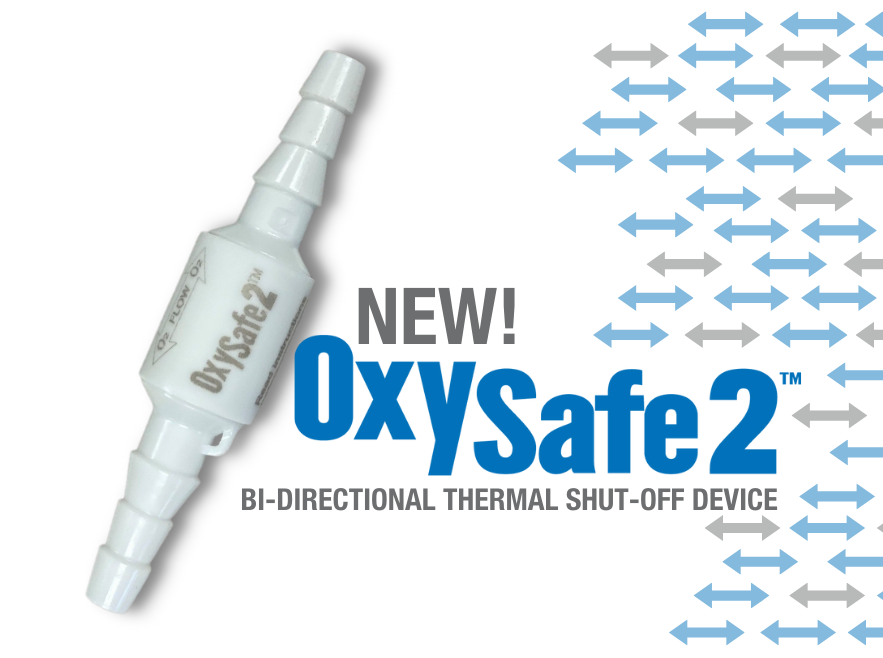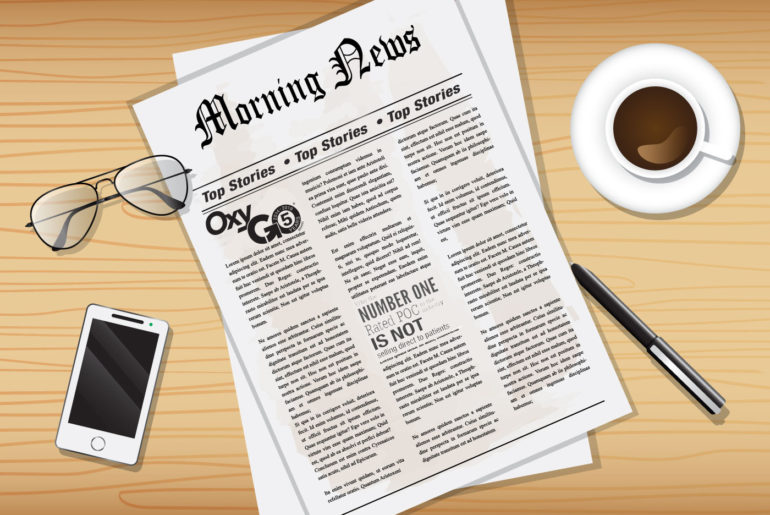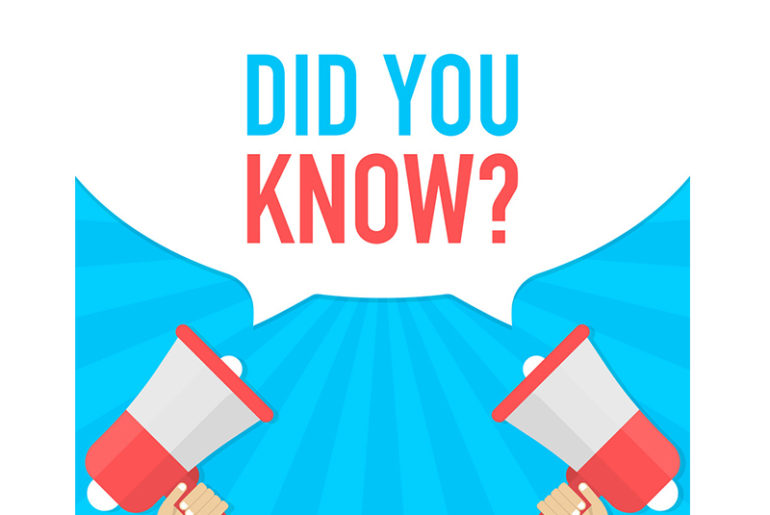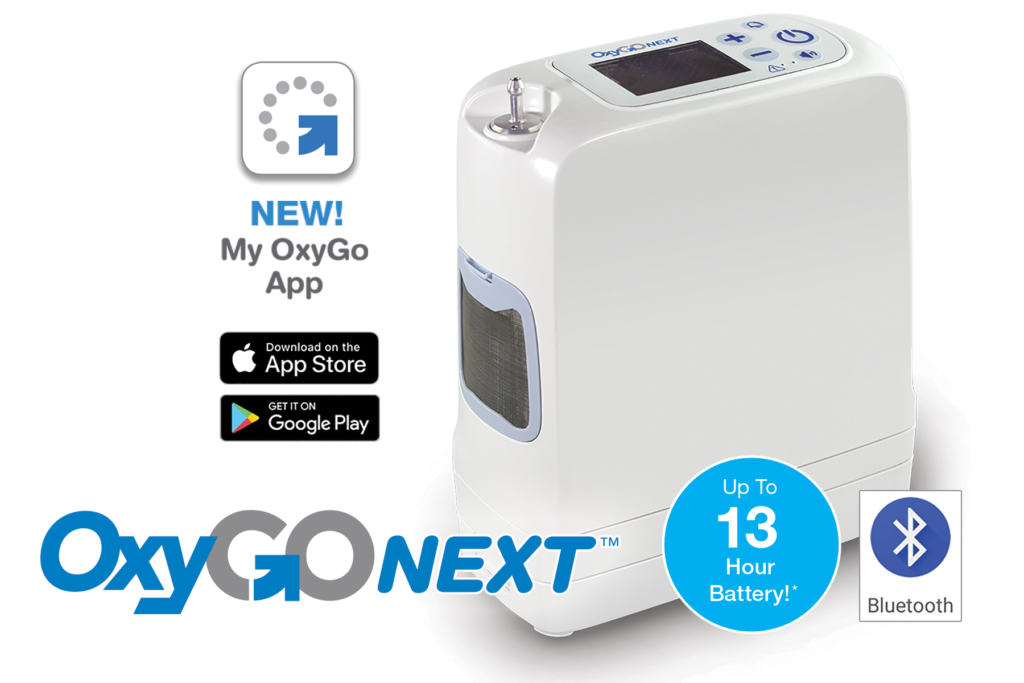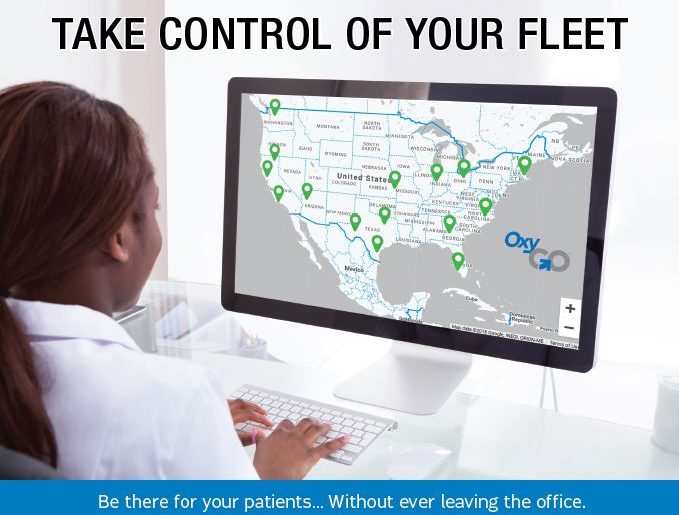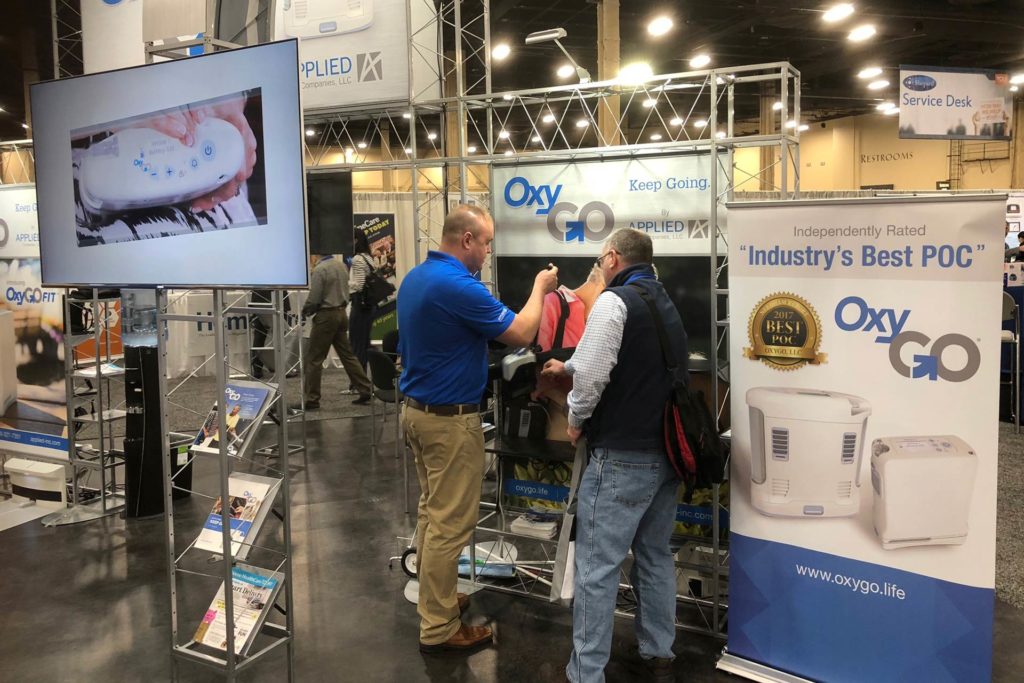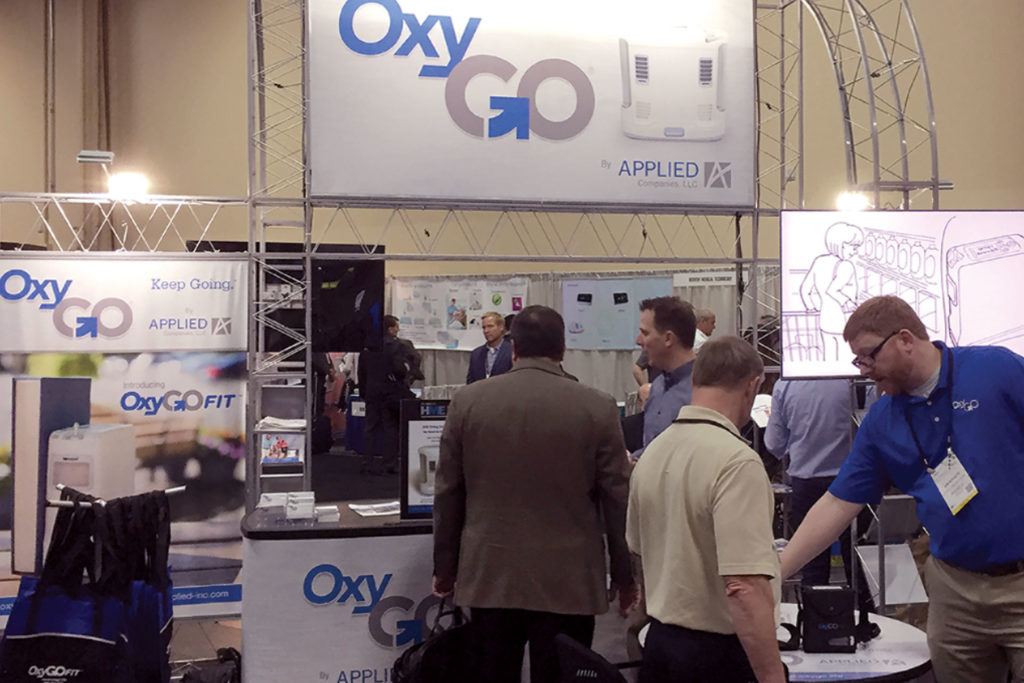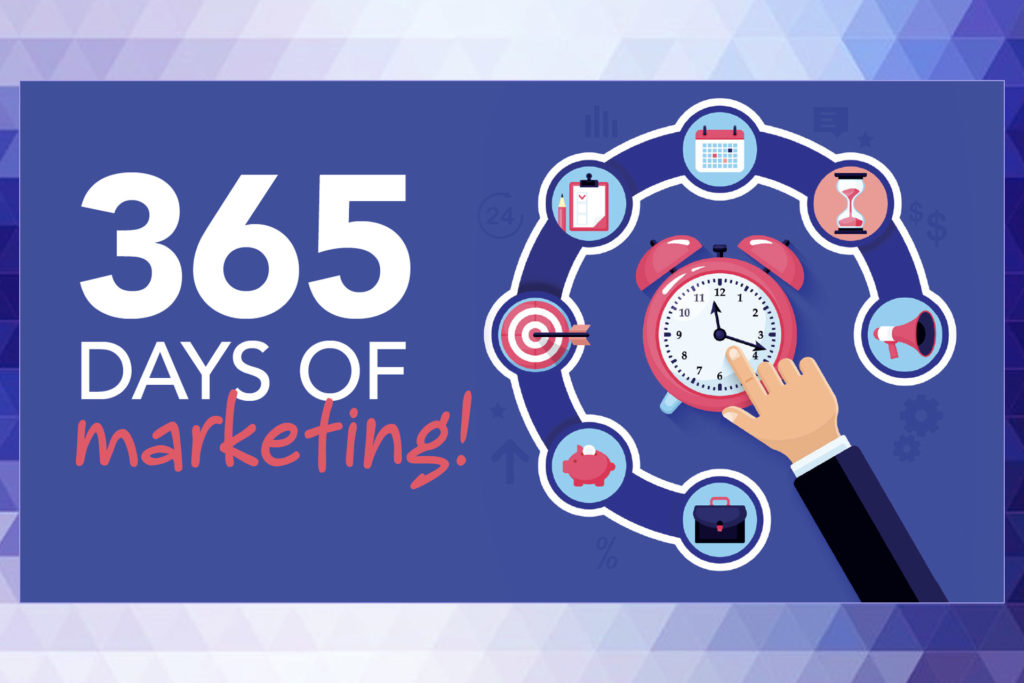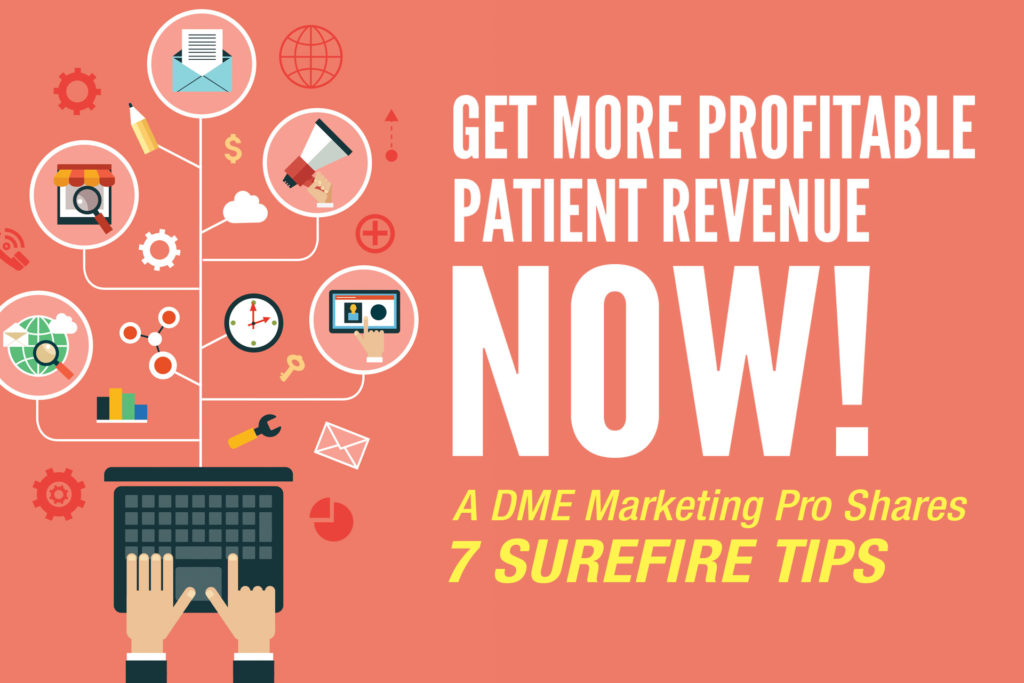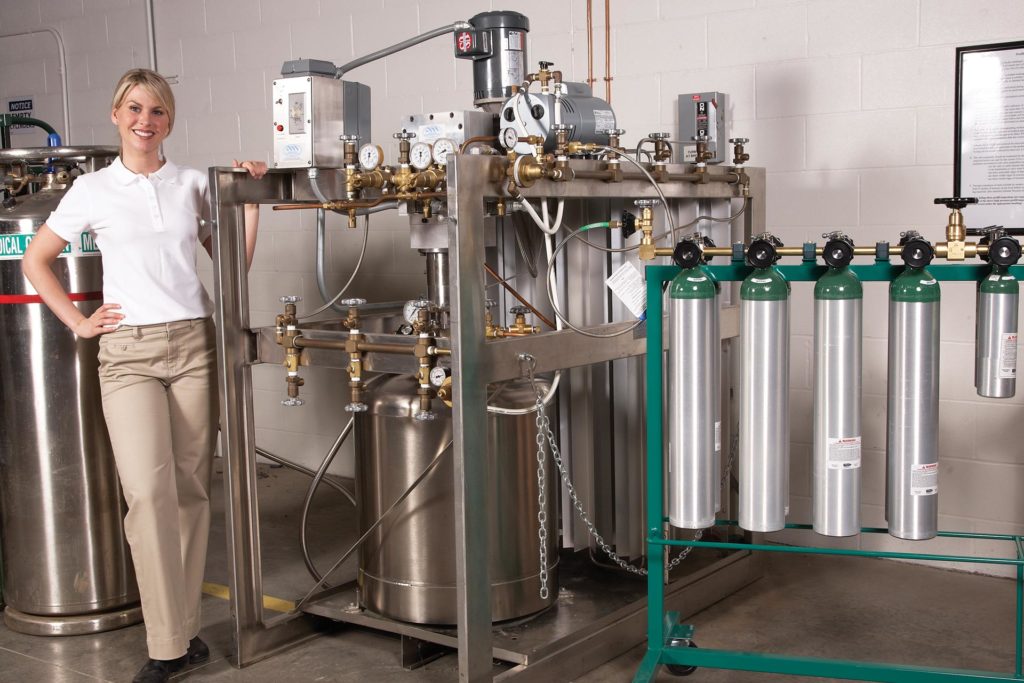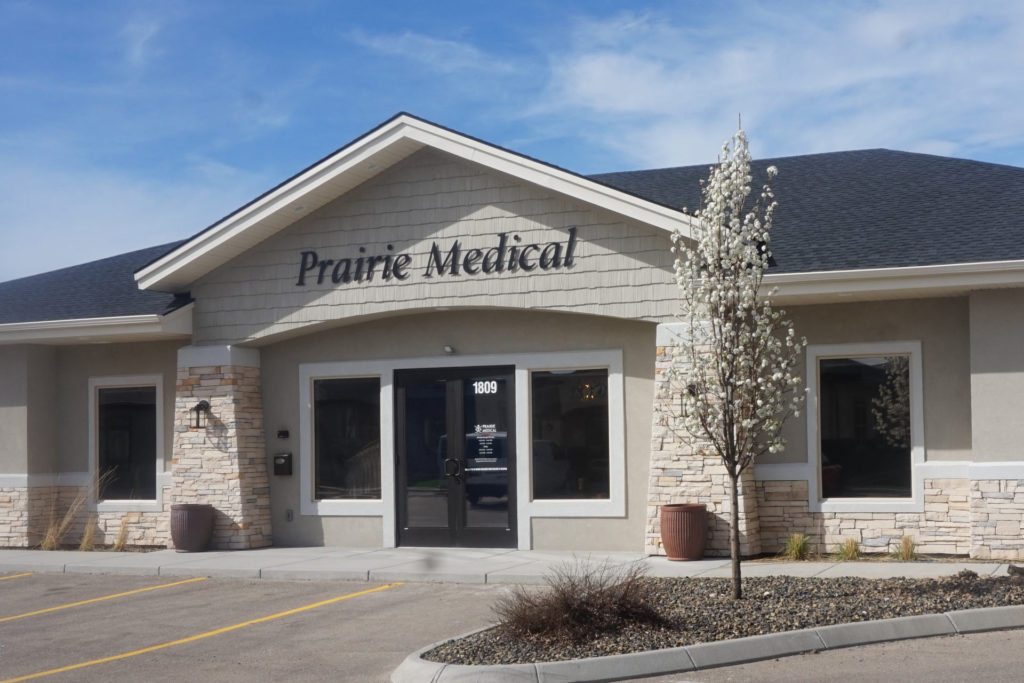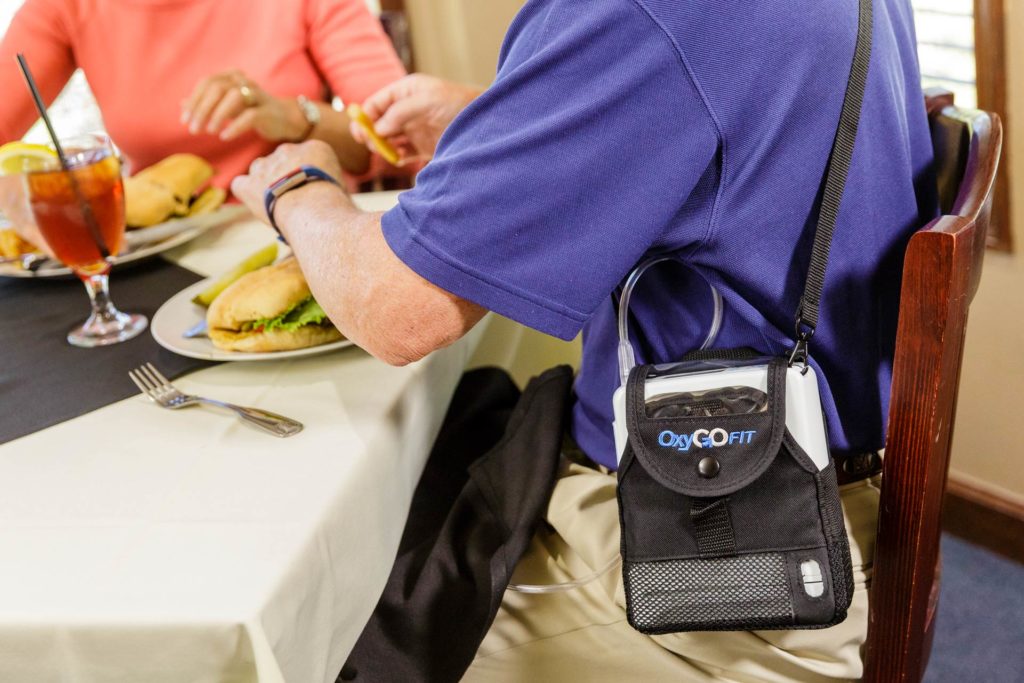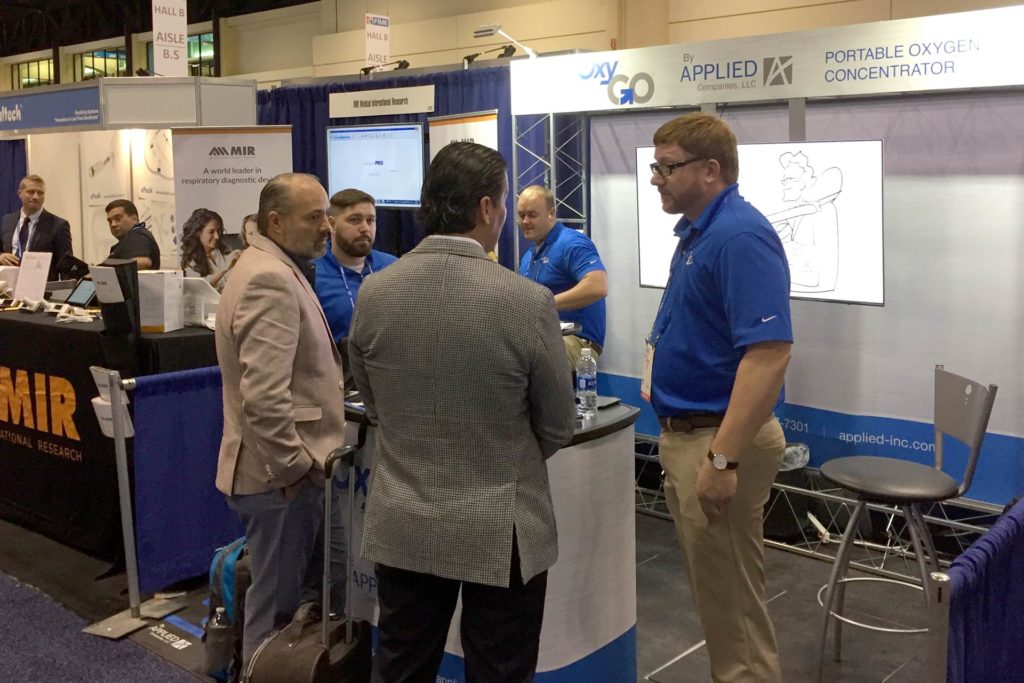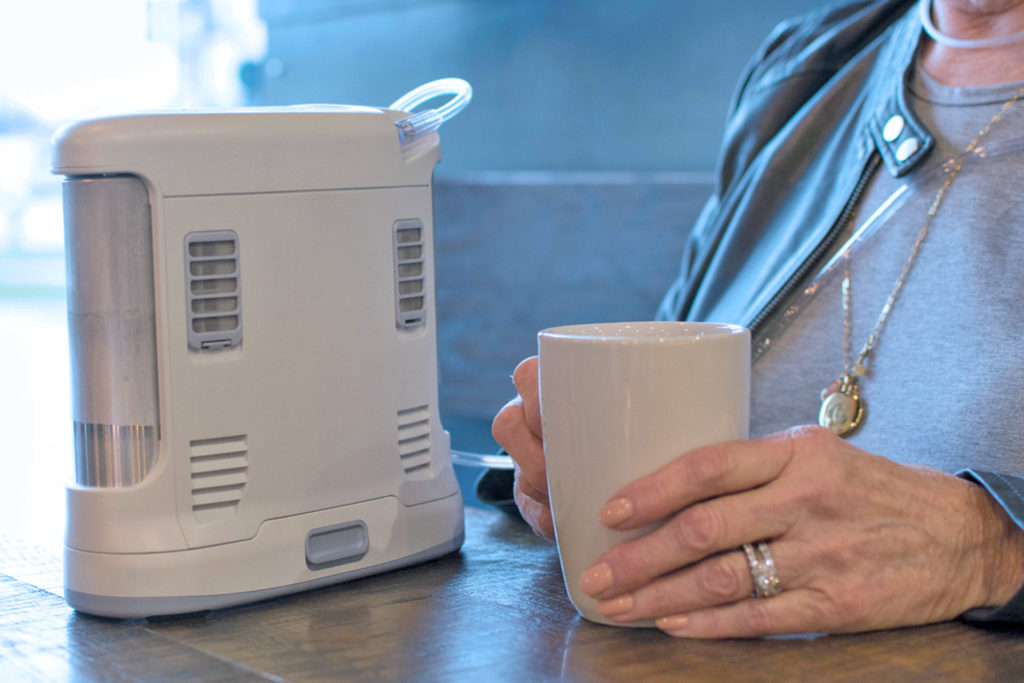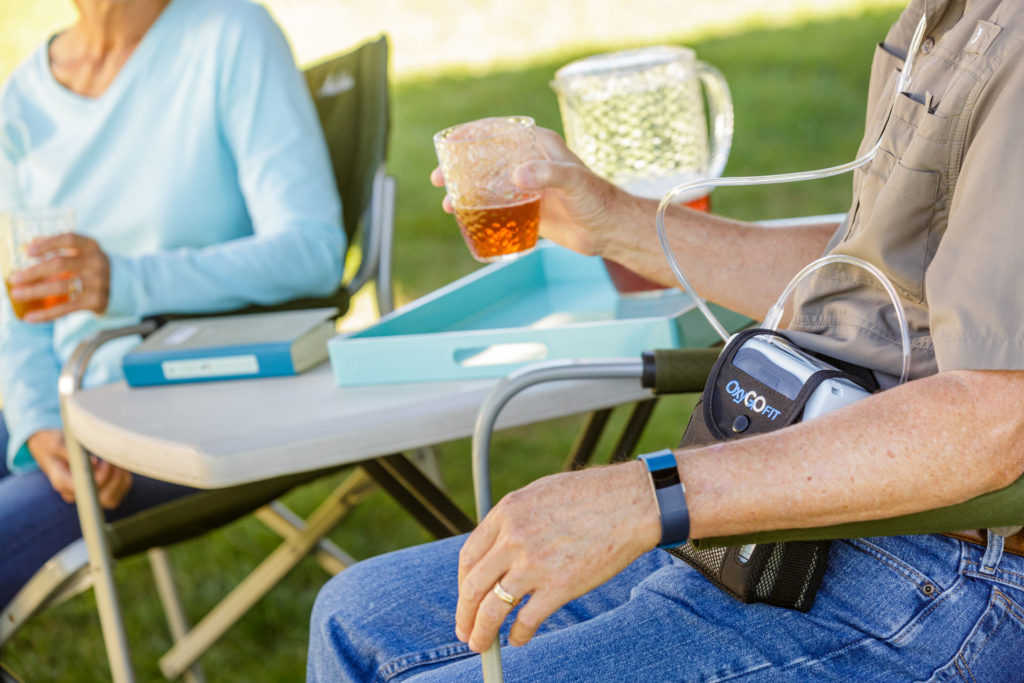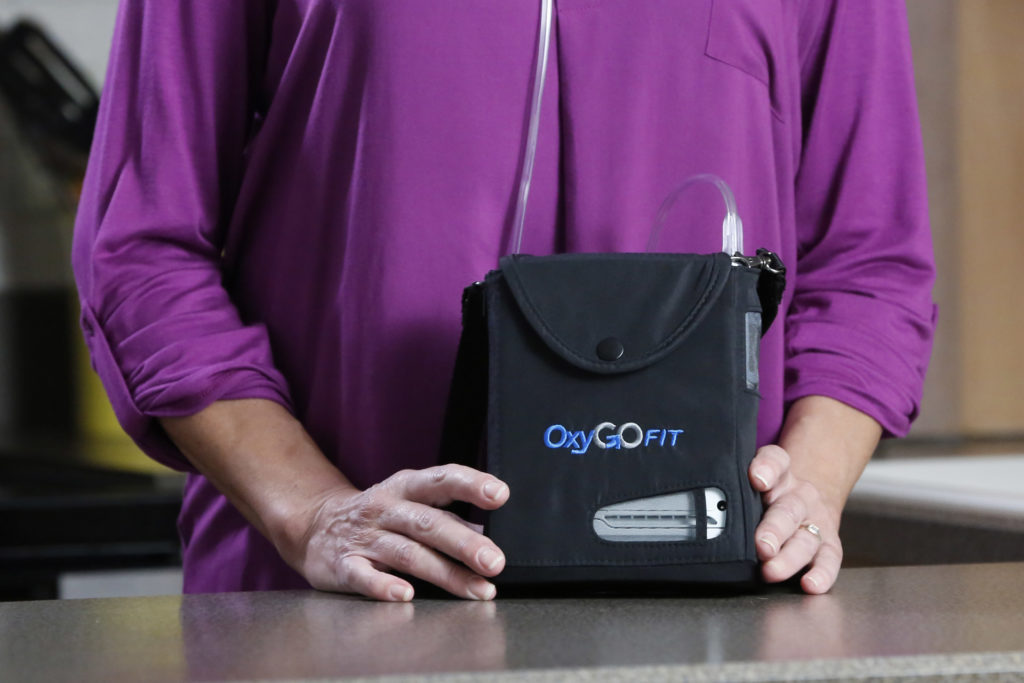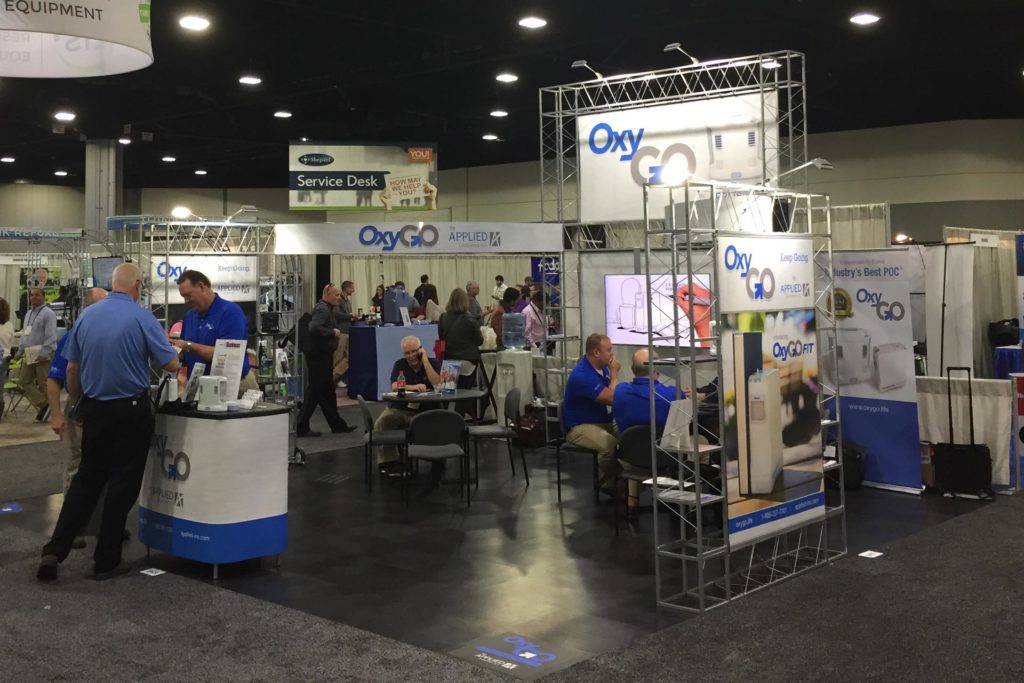Booming Business

Forget, for a moment, the problems caused by Competitive Bidding and shrinking government reimbursements. Think, instead, of the glass being half full—think of the surging market that should be swirling around every DME/HME. Listen to the voices of the baby boomers and those thinking about retirement and be prepared to tap into the incredible market they represent. According to Nielson, no group in America has more disposable income.
It has been estimated that America’s 75 million baby boomers, between the ages of 52 and 70, control about 70 percent of all disposable income in the U.S., according to Nielson. On top of that, boomers are expected to inherit as much as $15 trillion dollars over the next 18-20 years.
Now that’s real spending power!
Studies show they are going to spend that money in a lot of ways. Most significantly, boomers will shell out huge amounts for healthcare, travel, entertainment and dining out. They will spend less on cars and on new clothing. They will spend more on healthcare to keep them going over anything else.
This is one reason you should stock up on products like OxyGo® POCs. They allow your patients to do more and enjoy life—leaving bulky oxygen tanks behind. And that’s what many of your current and future patients most want and are willing to use big chunks of their disposable income to obtain. Cash sales for them! … Cash profits for you!
To help you better understand the psychology of this market, I talked with a number of workers and retirees to get a feel for their retirement outlook and needs. Some had already retired, others were thinking about what it was going to take to retire. Healthcare was often their #1 concern. How they were going to pay for it dwarfed most other retirement issues. Some were confident, some were frightened.
One thing is certain, they all represent a current (or future) market for you as a DME/HME. Think of what they told me as a window into their retirement mindset—and what YOU can do to best serve them as customers.
FRED | IOWA
Just “retired” though still working full time
“I am on Medicare and I think when I signed up for supplemental insurance it did not sound so bad. I have not had any major medical situations arise—but after dealing with Medicare for about 6 months, the system is a whole lot worse than any of the insurance plans I was on before. I dread having anything major come up.
Part of it is the hassle you have to go through to get medications and diabetic supplies because it requires different parts of the insurance to cover. And maybe it is just the pharmacy I am using, but it took three months to get some things straightened out. And the costs I have to pay for medicine is higher than what I had before. One item was fully covered by my old insurance and now I have to pay for it, which doesn’t make any sense. But that is what the government does for us—complicates it instead of simplifying.”
PETE | VIRGINIA
Just retired at the age of 52
“I was laid-off at the end of December and decided to go ahead and just retire. I’m concerned about health care—paying $20,000 for family insurance through COBRA this year—but have been told that (if the system remains the same), we should qualify for the full subsidy on the health care exchange in 2020, because we will have little to no income.
Regarding my retirement expectations, I’m not sure yet but definitely plan on a lot of travel over the next 10 years. And we hope to do a lot of volunteering and non-profit work as well.”
CARRY | UTAH
Retired 2 years ago, after 36 years with a non-profit
“I now work part time with a for-profit business. I need the sense of accomplishment and think that is true for many baby boomers. Since baby boomers are a large retiree group, there are many different ‘goals’ for retirement. But overall, just relaxing and enjoying leisure activities isn’t enough for many today. Retirees continue to redefine what it means to be retired. That’s important since many retirees will live into their 90s and will live 30-40 years in retirement.”
LINDA | OKLAHOMA
Considering retirement
“Something you may not have faced—or are unaware of—is aging parents who live well into their 90s, but are not [financially] prepared for major health issues that occur in their final years. It can drain much of what you, yourself, had planned for your own retirement.
So I guess healthcare becomes a concern for all of us… Who knows what the future will bring?”
BYRON | FLORIDA
Just enrolled in Medicare
“The premiums for Part A, Part B, United Health supplement and Part D drug coverage are only 25% of my former HCA premium for [lousy] insurance. Major relief with real coverage.”
MARK | MICHIGAN
Retired in August, 2017
“Most of my career I enjoyed working. I retired in mid-August of last year. I was about 3 months short of 68. With retirement benefits from a previous job, SSI, and investment income, I could have an income equal to when I was working. I haven’t taken SSI and I’m still reinvesting.
Medicare and U of M health insurance covers most healthcare costs but not all. For example, part of the costs for hearing aids are covered—but not all. Upgraded lenses for cataract surgery are not covered. Co-pays are reasonable.
One recommendation I’ve heard is to have a hobby. My wife is an active and accomplished wildlife photographer and spends a lot of time standing in the sun waiting for a bird or animal to move. That’s not my cup of tea, but I also want some time away. One thing I try to do is to learn something new each day. The internet and libraries are good for that.
Do I miss work?… NO! I’ve been to a couple retirement parties since my own retirement and it’s great to see my old staff. But [seeing them] reinforces the fact that I don’t miss the aggravation of work.
My work environment changed dramatically last year. I was fortunate that I could leave whenever I wanted. The reason I picked the date I did was because that date was my parents’ 72nd wedding anniversary.”
DUBEY | NEW YORK
Retired from law enforcement at 57
“I’m 62 now and left law enforcement at 57. Not because I wanted to—but my last experience was so toxic that I determined that I could no longer participate in that profession.
I have a defined benefit pension and health care provided by the state. These provide the base for my family’s existence, but I have worked multiple part-time jobs so I can continue to hunt, fish and travel as I choose. In all my part-time jobs, I am a ‘non-essential’ employee and pretty much work if (and when) I want to. That being said, the additional income is necessary as the buying power of my pension continues to tumble. I would reach full Social Security benefits at age 66 years, 2 months, but do not plan to draw until I am 70.”
LEE | NEW JERSEY
Retired a year ago at age 59
“Here are my ‘tips’…
1) Make sure the math works. I used 3.5% as the annual withdrawal amount to cover my bills. Don’t forget about healthcare cost. It can be significant.
2) Be ok just being ‘another guy in line at the grocery store’. After you retire, whatever ego boost you got from your job is gone. I am 1,000% ok with this and love going to Kroger at 2:00 pm on a Tuesday.
3) Have a focus and something to do. My choice was volunteer work and I love it.
4) If you meet #1-3, retire as soon as possible. No one is guaranteed tomorrow.”
DOMINICK | FLORIDA
Turns 64 in March
“I’m worried that retiree healthcare is going to be a problem. This new tax bill has to be paid for somehow—and all indications are it’ll be through cuts to Medicaid / Medicare.”
RELATED POSTS
